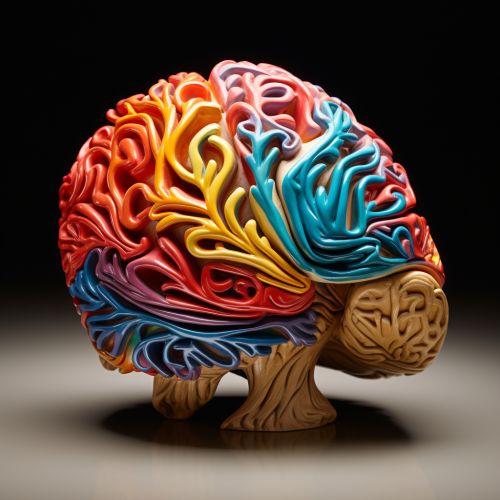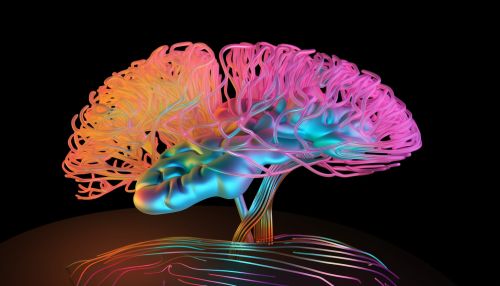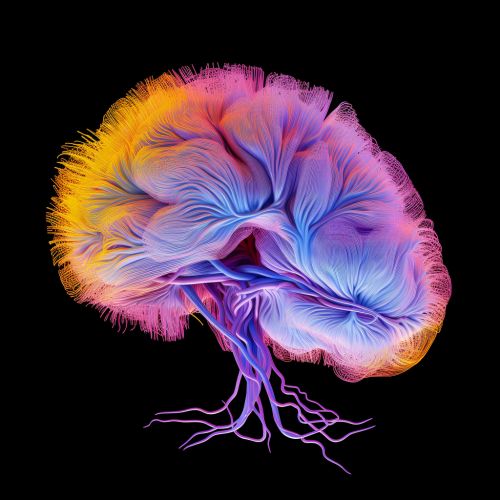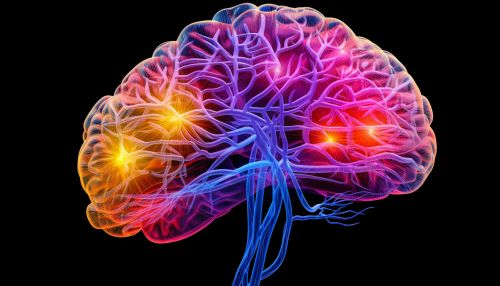Cognitive Psychology
Introduction
Cognitive psychology is a branch of psychology that explores the mental processes including how people think, perceive, remember, and learn. As part of the larger field of cognitive science, this psychological perspective is focused on the scientific study of mental processes such as problem-solving, memory, attention, and language. The core focus of cognitive psychology is on how people acquire, process, and store information.


History
The origins of cognitive psychology can be traced back to the 17th century works of philosophers such as John Locke and René Descartes. However, it was not until the 1950s that cognitive psychology emerged as a distinct discipline. This shift from behaviorist to cognitive psychology was largely due to the work of Ulric Neisser, who is often referred to as the "father of cognitive psychology". Neisser's 1967 book, "Cognitive Psychology", marked the official beginning of the cognitive approach.


Theoretical Frameworks
Cognitive psychology is characterized by several key theoretical frameworks that guide research and understanding in the field. These include information processing theory, cognitive constructivism, and schema theory.
Information Processing Theory
The information processing theory suggests that human cognition is similar to a computer, in that it involves input, processing, and output of information. This theory posits that our minds receive information, process this information, and finally produce a response.
Cognitive Constructivism
Cognitive constructivism, on the other hand, posits that our understanding of the world is constructed by our own individual cognitive processes. In other words, our perception of reality is a construct of our own mind.
Schema Theory
Schema theory suggests that all knowledge is organized into units. A schema, then, is a mental structure that represents some aspect of the world. Schemas can be used to understand and interpret new information.


Key Concepts in Cognitive Psychology
Cognitive psychology encompasses a wide range of concepts, including attention, memory, perception, problem-solving, and language.
Attention
Attention is the cognitive process of selectively concentrating on one aspect of the environment while ignoring other things. Attention is viewed as a resource needed for the performance of cognitive tasks.
Memory
Memory is the ability to encode, store, and recall information. It is a critical component of cognitive processes, and it has been a core focus of research in cognitive psychology.
Perception
Perception is the process by which we interpret sensory information, and thus makes us aware of our surroundings.
Problem-Solving
Problem-solving involves finding solutions to obstacles or challenges. It is a higher-order cognitive process that involves the manipulation of mental representations of information.
Language
Language is a system of symbols and rules used for communication. It involves the comprehension, production, and acquisition of complex systems of symbols and rules used for communication.


Methods in Cognitive Psychology
Cognitive psychologists use a variety of research methods to investigate cognitive processes, including experiments, case studies, and brain imaging.
Experiments
Experiments are often used in cognitive psychology to test hypotheses and theories. They involve manipulating one variable to determine its effect on another variable.
Case Studies
Case studies involve detailed observations of individuals. These studies can provide rich qualitative data and have been used to explore complex phenomena in cognitive psychology.
Brain Imaging
Brain imaging techniques, such as functional magnetic resonance imaging (fMRI) and positron emission tomography (PET), are used to investigate the neural basis of cognitive processes.


Applications of Cognitive Psychology
Cognitive psychology has many practical applications. It is used in various fields such as education, business, and mental health to improve memory, increase decision-making accuracy, and enhance learning.
Education
In education, cognitive psychology is used to develop instructional materials and teaching strategies that increase information retention.
Business
In business, cognitive psychology is used to improve decision-making processes and enhance productivity.
Mental Health
In mental health, cognitive psychology forms the basis of cognitive behavioral therapy (CBT), a type of psychotherapy that treats problems by modifying dysfunctional thinking and behavior.


